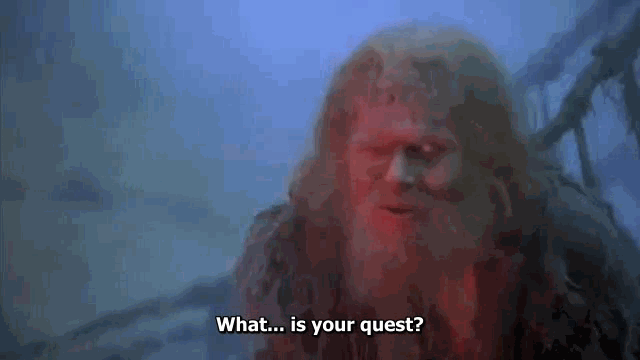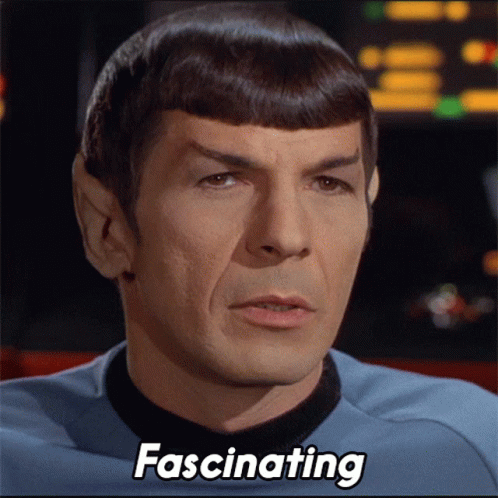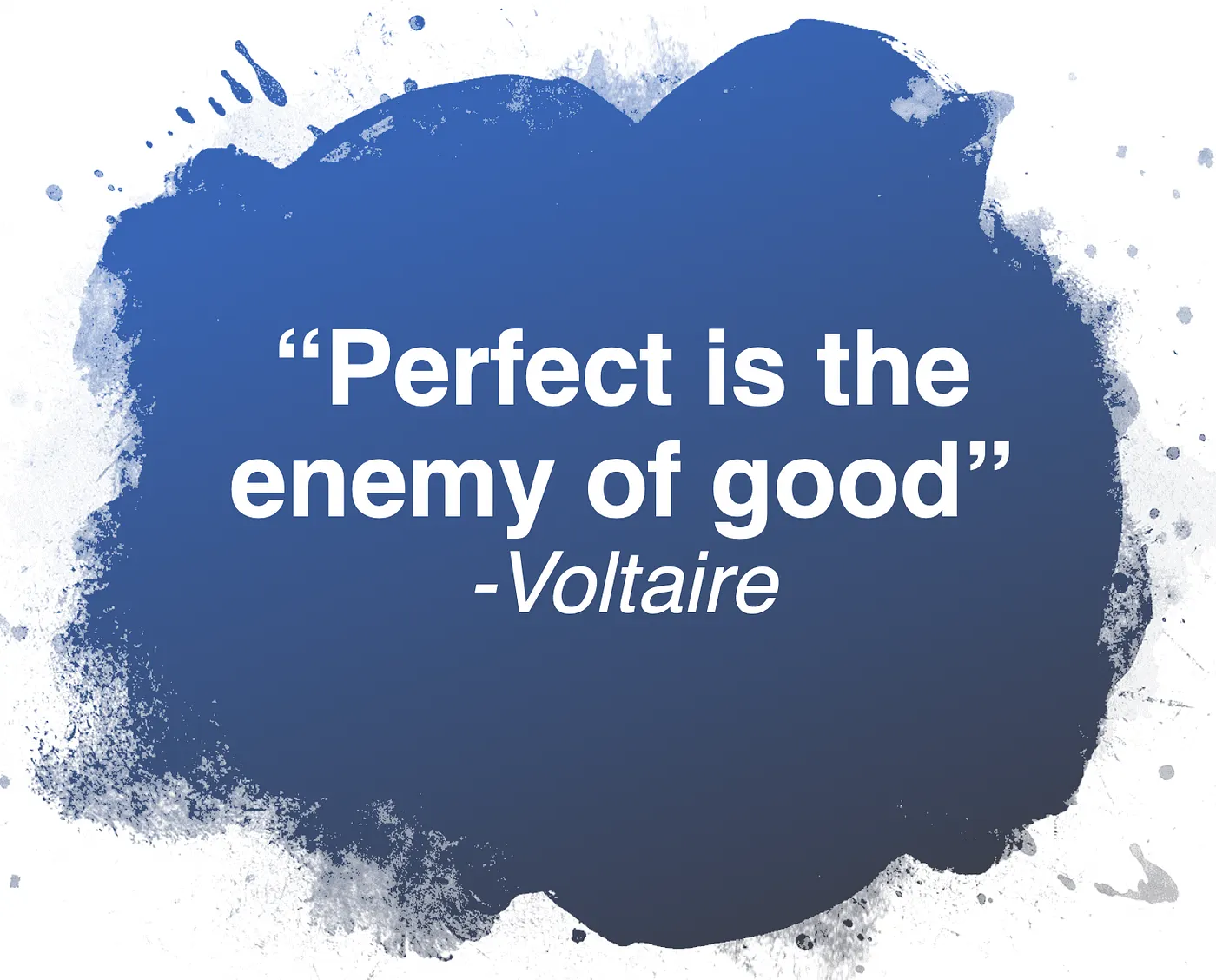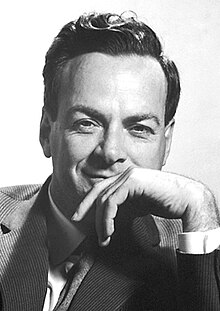Our open science future
2023-12-08
Overview
Announcement
- Final project write-ups due next Wednesday, December 13, 2023.
- Write-up details
Today
- Alyssa Williamson & Maria Piccolino: “Scientific Integrity and Deception”
- Our open science future
Our open science future


Three Little Pigs

Pantheon
What is science, really?
a stock of accumulated knowledge (facts & findings)
a set of characteristic methods
a set of cultural values (Merton, 1973, p. 268)

Source: https://penn-state-open-science.github.io/bootcamp-2023-open-sci-what-why

https://149365049.v2.pressablecdn.com/wp-content/uploads/2014/07/6-blind-men-hans-1024x654.jpg

https://www.theatlantic.com/photo/2015/08/world-elephant-day/401117/
Psychological science is hard…


https://www.sciencedirect.com/topics/social-sciences/learning-and-memory
But lawful…
And sometimes full of (f)laws
- Cognition is often systematically biased.
- Most current data are from WEIRD people (Henrich, Heine, & Norenzayan, 2010)
- Knowing what is and or is not a robust finding is harder than it should be
Science matters…
Rigorous, robust, reproducible science…
- Has been essential to the improvement of human health and well-being in the past
- Will be increasingly important to these improvements in the 21st century and beyond
- Can be strengthened
- And must be
What you can do…
Science is a human activity
- Humans are…
- flawed
- often illogical
- emotional AND intellectual
- biased
- have blind spots
- sometimes able to learn from mistakes

Advocate for science as
a stock of accumulated knowledge (facts & findings)
a set of characteristic methods
a set of cultural values (Merton, 1973, p. 268)
an essential tool for solving problems
that can and should be strengthened
through rigorous, thoughtful criticism
As a producer…
- Commit to openly sharing your
- data, protocols, code
- from the very beginning
- Carry through on your commitment
- Encourage, help others
- Strive to get better
As a consumer…
- Keep your skepticism sharp
- Ask how do we know that? Why do they think that?
- Data + reasoning
- Support policies, outlets, leaders who encourage openness, transparency

Richard Feynmann

The first principle is that you must not fool yourself—and you are the easiest person to fool.
Good luck!
Resources
References
PSYCH 490.009: 2023-12-08 Fri